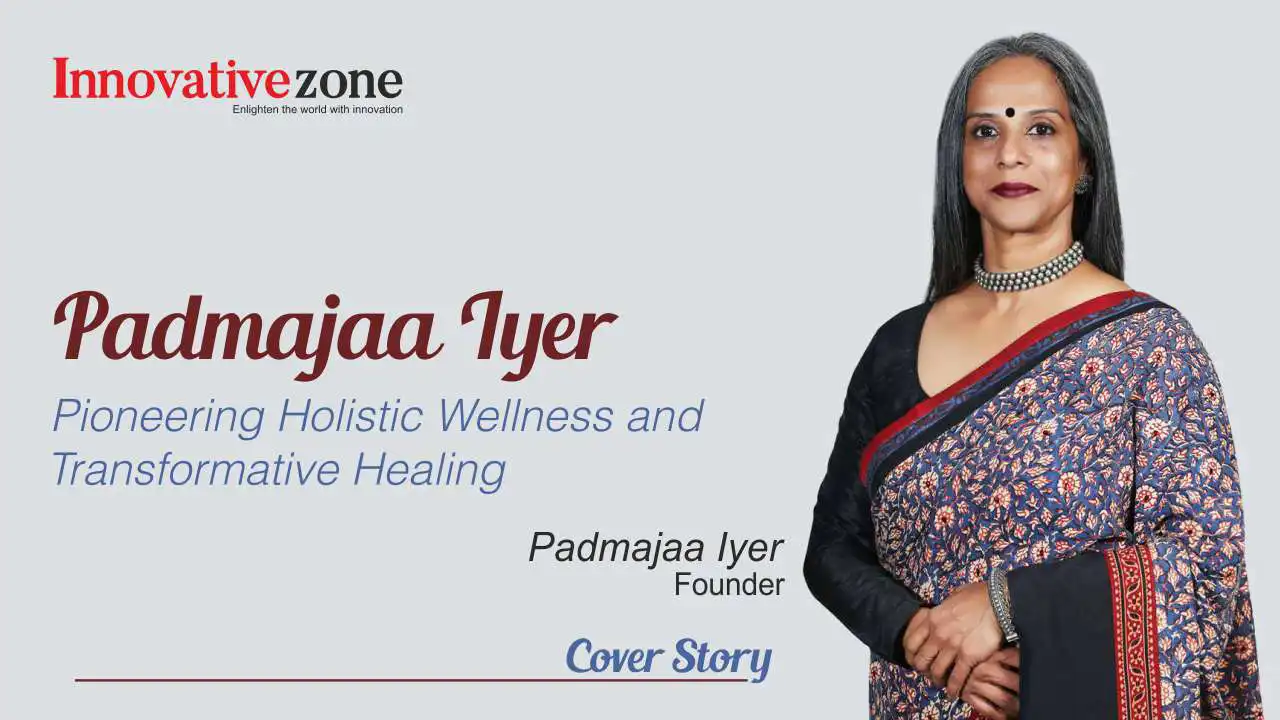Hindu Act Declares All Interfaith Marriages “Void,” As per the Supreme Court
According to the Supreme Court’s ruling on January 13, any interfaith marriage performed in accordance with the Hindu Marriage Act is null and void, and only Hindus are permitted to wed. While debating a petition challenging a Telangana High Court ruling from August 2017, a bench of Justices KM Joseph and BV Nagarathna made a comment.
The case has been set for another hearing in February by the court. Previously, the Telangana High Court had declined to halt the petitioner’s Section 494 of the Indian Penal Code prosecution (IPC).
According to Section 494 of the Indian Penal Code (IPC), anyone who marries while their husband or wife is still alive and the marriage is void because it occurred while they were still alive faces fines and imprisonment of either kind for a period that might last up to seven years.
In Hyderabad, a complaint was made in 2013 asserting that the petitioner was in reality married to the complainant in February 2008 in accordance with Hindu rituals, making their union governed by the Hindu Marriage Act of 1955.
According to the petitioner, the Defacto Complainant was not married by the Petitioner in accordance with Hindu rites or customs, and that the Petitioner has been falsely accused in the case and has not committed any crime, much less the alleged crime.
The petitioner claimed that she was never married, and that other from her assertion, she had not provided any evidence of the putative marriage between the two of them because it had never actually occurred. The complainant is a Hindu, but the petitioner identified himself as a Christian.
The petitioner further argued that there was no evidence to support the claim that he had wed a different woman while his marriage to the complainant was still active. As a result, the petitioner claimed, the main elements of the offence under Section 494 of the IPC were not established, and it was therefore illegal, outside of the petitioner’s jurisdiction, and unfair to take the case against him to trial under that section.
The petitioner additionally argued that, as required by the Special Marriage Act for interfaith weddings, the purported marriage was never registered after the alleged ceremony nor was it documented before the said ceremony.
The Hindu Marriage Act
The Hindu Marriage Act was passed by the Indian Parliament on May 18, 1955. As part of the Hindu Code Bills, the Hindu Succession Act (1956), Hindu Minority and Guardianship Act (1956), and Hindu Adoptions and Maintenance Act (1956) were also passed at this time (1956).
The primary intent of the act was to modernise and codify the rules governing Hindu marriages. It included the modification and codification of Sastrik Law, as well as divorce and separation, both of which are previously covered by Sastrik Law.
As a result of this legislation, the law is now the same for all Hindu organisations. In India, some religions have their own civil laws that govern their adherent populations separately.
The Hindu Marriage Act of 1955 Says in Section 2-
The Act applies-
- to all followers of Hinduism, regardless of its form, including Virashaivas, Lingayats, and members of the Brahmo, Prarthana, or Arya Samaj;
- to any follower of Buddhism, Jainism, or Sikhism; and
- This Act shall apply to any other person residing in the territories to which this Act extends who is not a Muslim, Christian, Parsi, or Jew by religion, unless it is shown that any such person would not have been subject to Hindu law or to any customs or usages that are part of that law in respect of any of the matters dealt with here.
Therefore, this section applies to Hindus by religion in any of its forms, as well as Hindus within the expanded sense, such as Buddhists, Jains, or Sikhs, unless it can be demonstrated that such persons are not included by the Act by any tradition or usage. In actuality, it applies to all such residents of the nation who are not Jews, Christians, Parsis, or Muslims. Only Hindus who are citizens of India and do not hold any other status are subject to the Act.
The Act was seen as conservative because it applied to everyone who identified as Hindu in any of its expressions while including other religions (Jains, Buddhists, or Sikhs) as specified by Article 44 of the Indian Constitution. However, as a result of the Anand Marriage (Amendment) Bill’s 2012 approval, Sikhs now have their own distinct marriage legislation.
The Hindu Marriage Act of 1955’s section 8 states that the Registrar of Marriage must immediately record a marriage the following business day. The marriage is registered the following working day by the registrar of marriage appointed by the Government of India, and a marriage certificate is given. All documents are verified on the application date.
Must Read:-
- Top 10 pharma companies in the world
- Top 10 company of India 2021
- Top 10 logistic Companies in India 2021
- Top 10 automobile companies in India 2021
- Top 10 fastest growing industries in the world 2021
- Top 10 most charitable person in the world 2021
- Top 10 logistic Companies in India – 2021
- Top 10 Company in the Corporate World
- Top 5 Most Fuel Efficient Car In India
- Start Small and go Big: Low-Investment Business Ideas 2021
- Top 10 Electrical Company in India 2021








